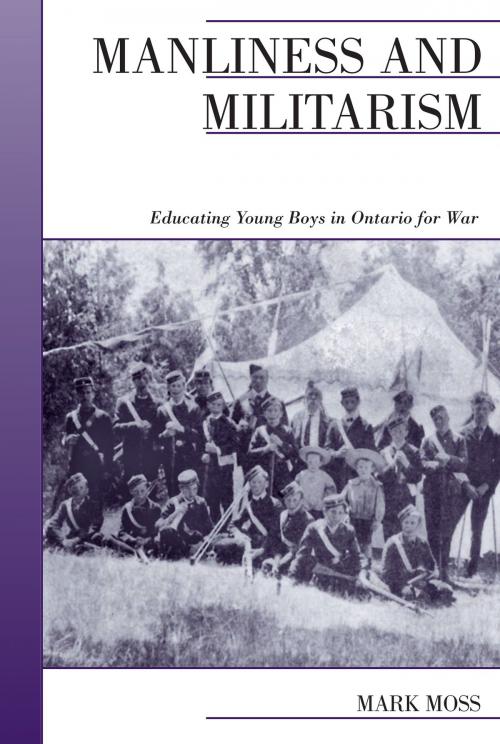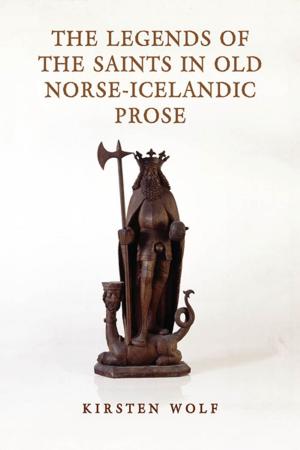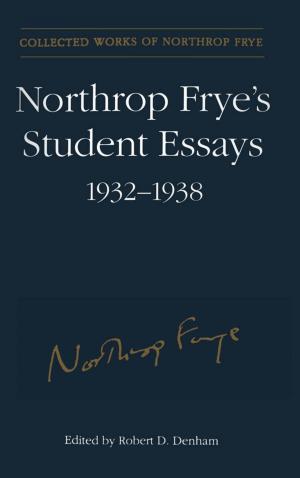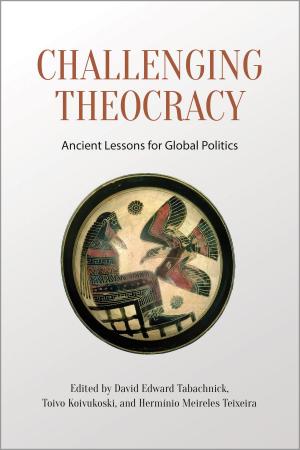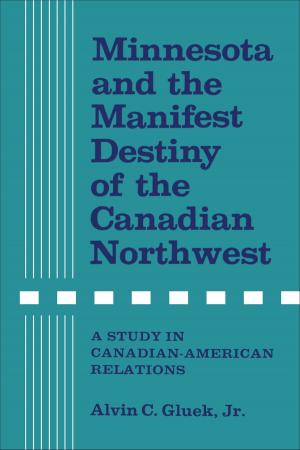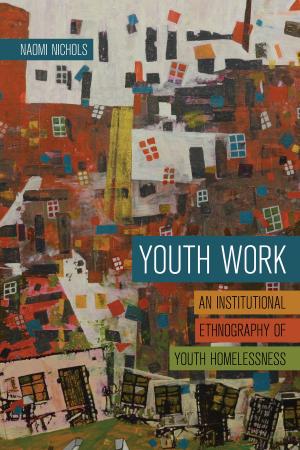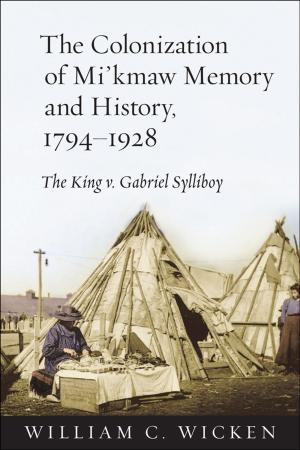Manliness and Militarism
Educating Young Boys in Ontario for War
Nonfiction, History, Canada, Military, World War I| Author: | Mark Moss | ISBN: | 9781442655959 |
| Publisher: | University of Toronto Press, Scholarly Publishing Division | Publication: | December 15, 2001 |
| Imprint: | Language: | English |
| Author: | Mark Moss |
| ISBN: | 9781442655959 |
| Publisher: | University of Toronto Press, Scholarly Publishing Division |
| Publication: | December 15, 2001 |
| Imprint: | |
| Language: | English |
Euphoria swept Canada, and especially Ontario, with the outbreak of World War I. Young men rushed to volunteer for the Canadian Expeditionary Force, and close to 50 per cent of the half-million Canadian volunteers came from the province of Ontario. Why were people excited by the prospect of war? What popular attitudes about war had become ingrained in the society? And how had such values become so deeply rooted in a generation of young men that they would be eager to join this 'great adventure'?
Historian Mark Moss seeks to answer these questions in Manliness and Militarism: Educating Young Boys in Ontario for War. By examining the cult of manliness as it developed in Victorian and Edwardian Ontario, Moss reveals a number of factors that made young men eager to prove their mettle on the battlefields of Europe. Popular juvenile literature — the books of Henty, Haggard, and Kipling, for example, and numerous magazines for boys, such as the Boy's Own Paper and Chums — glorified the military conquests of the British Empire, the bravery of military men, especially Englishmen, and the values of courage and unquestioning patriotism. Those same values were taught in the schools, on the playing fields, in cadet military drill, in the wilderness and Boy Scout movements, and even through the toys and games of young children.
The lessons were taught, and learned, well. As Moss concludes: 'Even after the horrors became known, the conflict ended, and the survivors came home, manliness and militarism remained central elements of English-speaking Ontario's culture. For those too young to have served, the idea of the Great War became steeped in adventure, and many dreamed of another chance to serve. For some, the dream would become a reality.'
Euphoria swept Canada, and especially Ontario, with the outbreak of World War I. Young men rushed to volunteer for the Canadian Expeditionary Force, and close to 50 per cent of the half-million Canadian volunteers came from the province of Ontario. Why were people excited by the prospect of war? What popular attitudes about war had become ingrained in the society? And how had such values become so deeply rooted in a generation of young men that they would be eager to join this 'great adventure'?
Historian Mark Moss seeks to answer these questions in Manliness and Militarism: Educating Young Boys in Ontario for War. By examining the cult of manliness as it developed in Victorian and Edwardian Ontario, Moss reveals a number of factors that made young men eager to prove their mettle on the battlefields of Europe. Popular juvenile literature — the books of Henty, Haggard, and Kipling, for example, and numerous magazines for boys, such as the Boy's Own Paper and Chums — glorified the military conquests of the British Empire, the bravery of military men, especially Englishmen, and the values of courage and unquestioning patriotism. Those same values were taught in the schools, on the playing fields, in cadet military drill, in the wilderness and Boy Scout movements, and even through the toys and games of young children.
The lessons were taught, and learned, well. As Moss concludes: 'Even after the horrors became known, the conflict ended, and the survivors came home, manliness and militarism remained central elements of English-speaking Ontario's culture. For those too young to have served, the idea of the Great War became steeped in adventure, and many dreamed of another chance to serve. For some, the dream would become a reality.'
